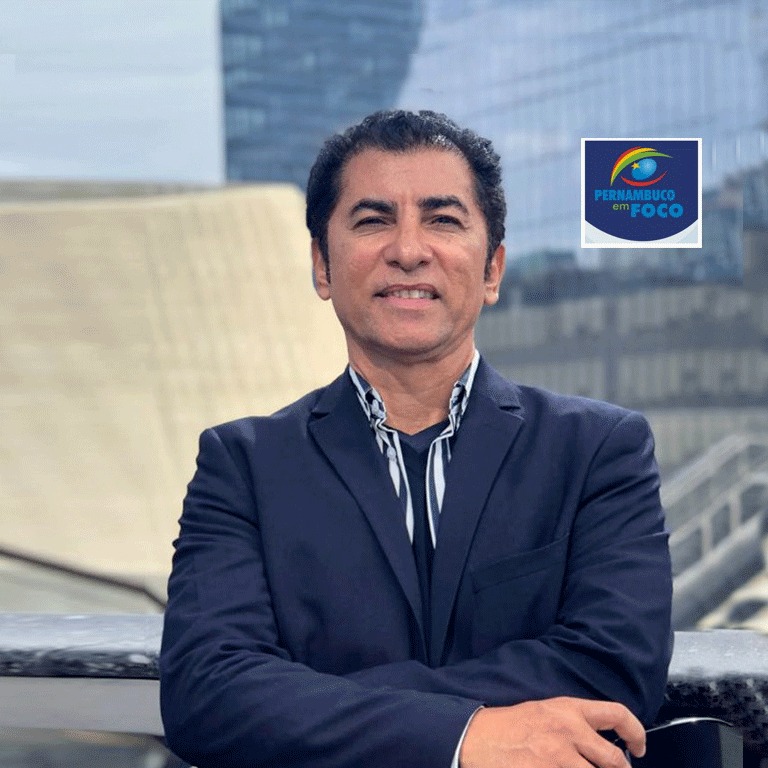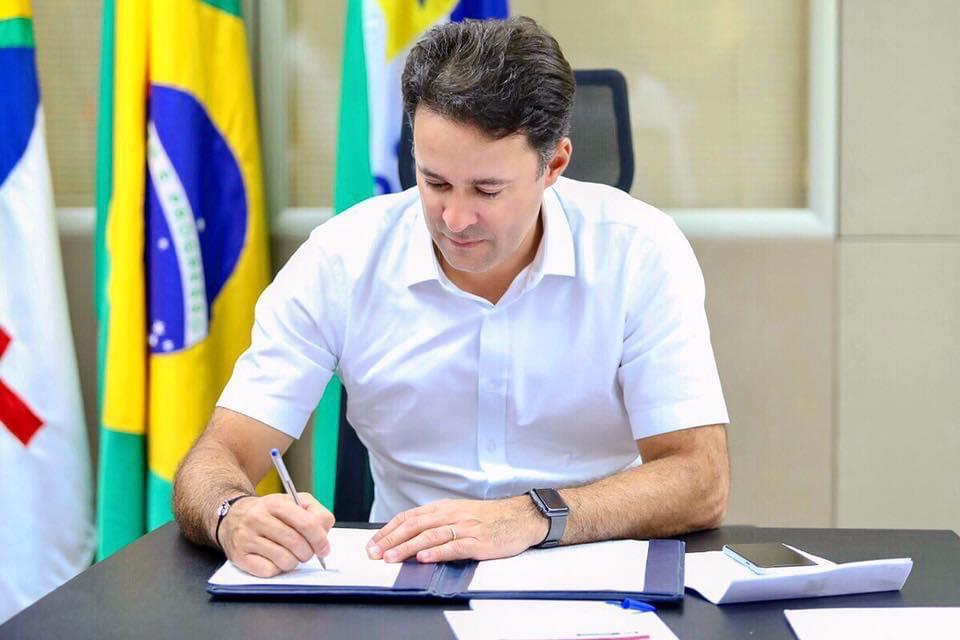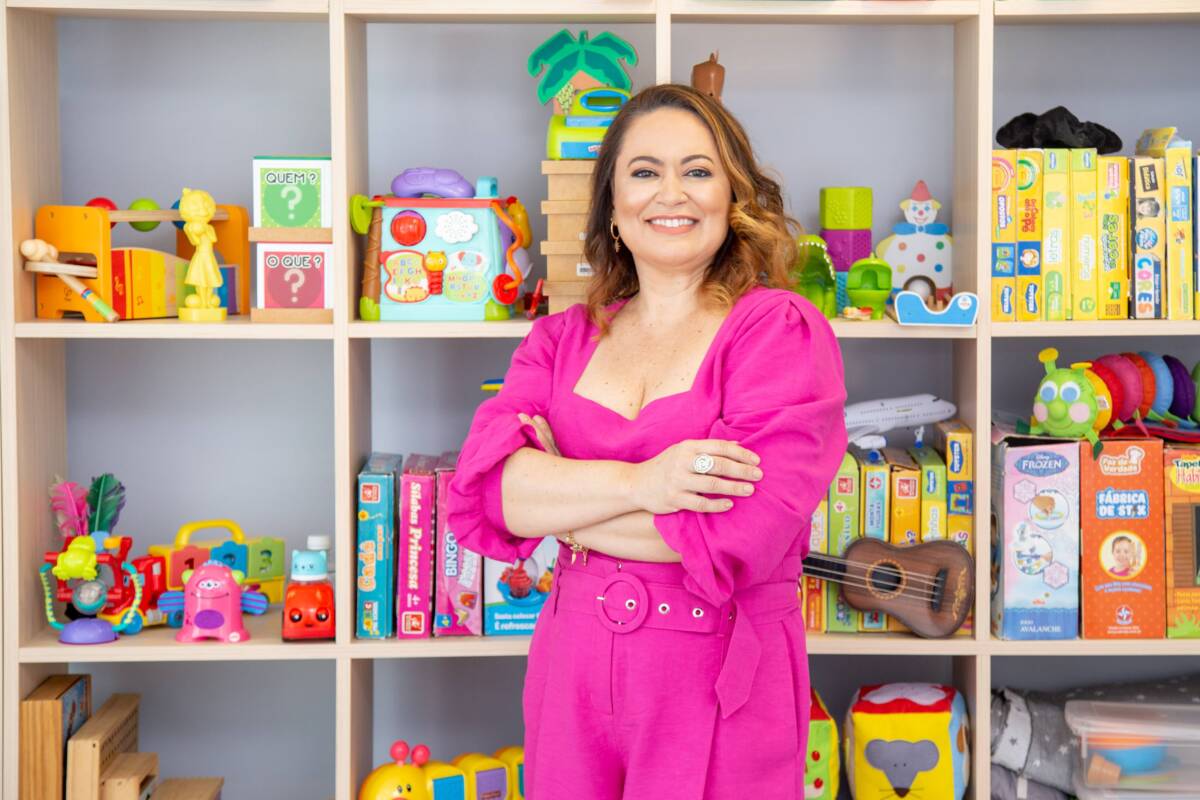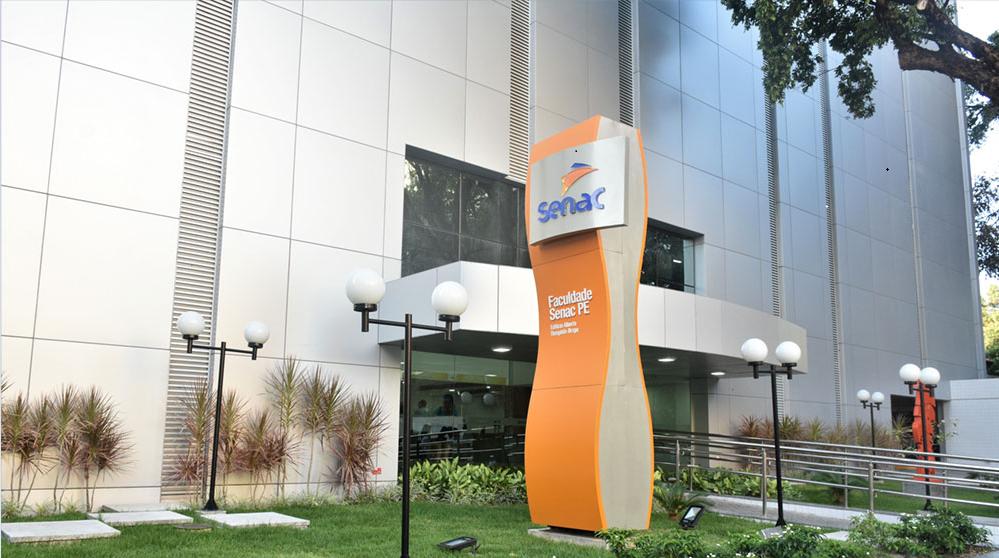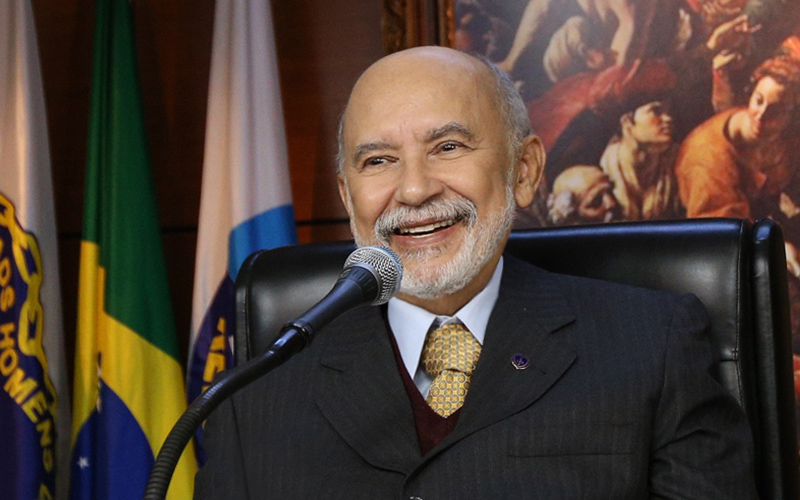
Wednesday. September 9, 2020.
Today, my routine began by sending messages to the parents of some students, responding to confirmation messages of online attendance programming, monitoring the activities of the platform, with guidance to some parents on questions of activities and scenarios, class schedule of the day .
Next, planning and organizing the online services, in small groups, digital correction of the printed activities (brochures), which were sent to the students, who do not access the platform, but also to others, in order to reinforce and complement the content and practice of handwriting.
I am using all possible means to reach the student, looking for alternatives, researching and learning, however, I feel anguished, as I do today, for not being able to serve everyone in the same way and for not receiving the expected return.
Families report many difficulties in the development and monitoring of activities. Many children do household chores at night, when parents return from work with their cell phones, and often late at night they are still on the platform, because children are still in the very slow process of developing the reading and writing.
Others carry out activities alternately, since they only have a cell phone at home and have to share it with the other siblings. Other children do it for periods, according to the “internet”, that is, they enter the mobile data and do some activities, when the mobile data runs out they do not do the activities that I put on the platform, because there is no way to return to place credits.
Many students do not have the habit of studying, some families do not have an organized and sequenced structure with adequate routines and accompaniments. I notice that for families, it is also a very big challenge, because, from one moment to the next, they are having to not only accompany, but also teach to read and write and they are not able to do this and not even to make the child keep in mind that studying at home, without the teacher, is important.
Thursday. September 10, 2020.
The first group of students for the online services of Google Meet (included in the platform “Escola em casa-DF”), has been today at 9 in the morning. I have already done classes “online” with the whole class. In fact, not all, because some even accessing the platform, cannot participate, because, during the day, they do not usually have “internet” or, because they use their parents’ cell phone and as classes are always in the morning (same turn they study), the cell phone is with the parents at work. Not counting those who start the class, already asking if it will be long, because the “internet” package is running out.
This closer contact with the students is very good, because we have the opportunity to live the interaction, the affective exchanges, help and better observe the individual learning of each student, talk about their feelings, difficulties, achievements, with interventions, orientations and motivations necessary.
I also chose to provide assistance in small groups, because I think it will be more beneficial for the learning of the children, with more time dedicated to each one, to explore reading, writing, doubts and systematization of the content.
In this first meeting, 5 students were scheduled, however, one did not participate. During class, another student’s “internet” fluctuated a lot, dropping all the time, hurting the student, who was unable to follow the class properly.
The student who did not participate in the class later explained that due to the “internet”, it was not possible to put credit on the cell phone. We know that with the pandemic other economic difficulties have arisen in families. There are even students who began remote studies with “internet”, but for economic reasons, they can no longer pay in full and are waiting for the free “internet” that the Federal District government will offer, which until now is just a promise. Meanwhile, school days are counted.
After the online class, I followed the activities of the platform, gave feedback to the students, verified and scheduled the next day’s lesson, recorded a tutorial, explaining how to attach images of activities from the textbook or notebook on the platform, and that most of them I was having difficulties and until then I received through my personal cell phone, at any time of the day, even at night. Throughout the time, there is an exchange of messages with the parents or guardians of the students. There is no way to measure the number of hours we are working. There is no way to stop responding to a message, to clarify a question when the child is doing the activity or having difficulties accessing and using resources. I always try to respond and solve the problems that arise, as best as possible, but I know that it is far from ideal, what I can do, I am doing.
Remote classes require teachers to have a longer working day, which makes it difficult to separate the hours dedicated to work and personal life, because it is not just about putting activity on the platform and that’s it. In addition to the daily interaction with the students and their tutors, at any time, it is necessary to research, study, plan, produce, monitor, intervene, evaluate, reflect and, if necessary, redesign and change the route, since each school, each class, each child is unique and has their own identity and the act of teaching and learning is continuous, the teacher is always rebuilding.


